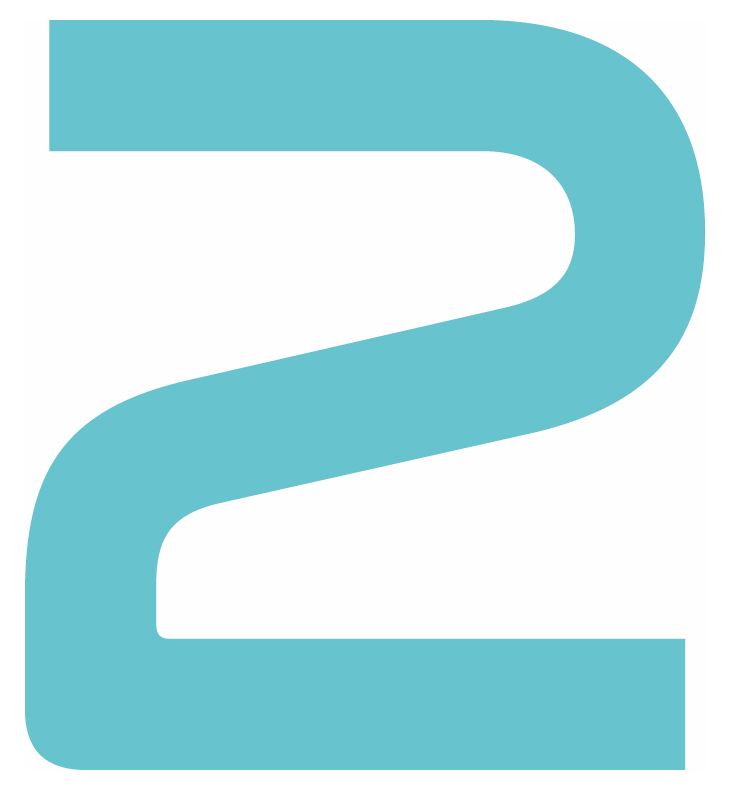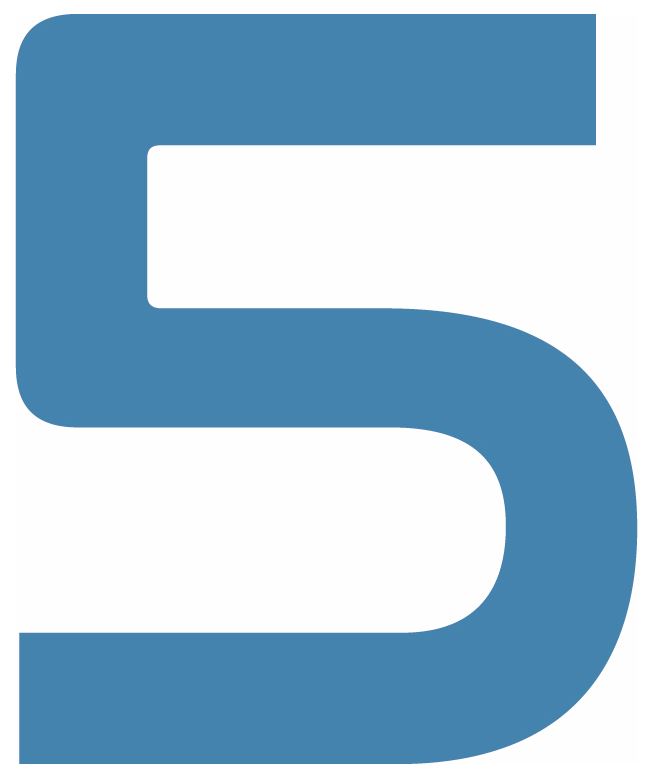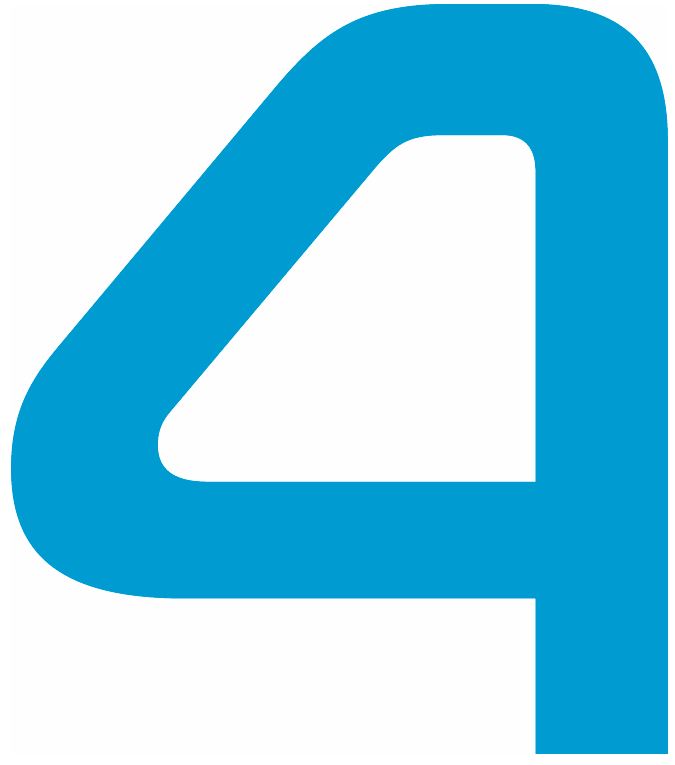FTI Consulting News Bytes – 9th December 2022
This week, it was reported that venture capital financing and investor caution has significantly impacted the value of European technology firms and IPOs. Next, the sell-off of technology stocks has led to increased caution from social media platforms when it comes to handing mega contracts to creators. Turning to London, Google announced the launch of its new Accessibility Discovery Centre at its Kings Cross office, the first of its kind for Google outside of the US. The centre will look to address technology access barriers faced by individuals with a wide range of disabilities. Elsewhere, ChatGPT (a large language model), has this week taken the world by storm through its intuitive answers and ability to generate human-like text – amassing a million subscribers in a matter of days. Finally, Facebook has threatened to remove news from its platform if the U.S. Congress passes a proposal to make it easier for news organisations to negotiate collectively with companies like Google and Facebook.
This week’s news
 Funding crunch bites European tech
Funding crunch bites European tech
It has been revealed that $400bn has been wiped from the value of European tech firms since the height of the 2021 boom. This has been largely driven by venture capital financing hitting a significant wall at the end of the summer this year, according to the FT. Over 100 unicorns, start-ups with a valuation of over $1bn – were created last year following a “funding frenzy.” That figure is now only 31 according to a recent report by London VC, Atomico, the lowest level since 2017. This downward trend is reflective of investor concerns over increasing macroeconomic uncertainty with high interest rates, inflationary pressures, and ongoing geopolitical issues. Atomico believes these market conditions will persist well into 2023 with the tea leaves increasingly challenging to read. Investor caution is also having a significant impact on the public market which has effectively been closed to new listings this year. We have seen just three IPOs at a $1 billion plus valuation in 2022, down from 86 last year. Most start-ups are avoiding financing activities in the current environment unless they have urgent capital requirements.
The cratering creator economy

Related to the recent sell-off in European tech, the FT’s Lex column focussed this week on the “cratering creator economy.” The creator boom in the 2010s gave rise to a number of influential individuals, garnering millions of followers and attracting advertising interest and partnership opportunities with the likes of Tumblr and LinkedIn. Lex commented this week that the recent tech sell-off has put this business model into a “tailspin”. Social media platforms are showing increasing caution before handing out mega deals to creators as part of revenue-sharing or advertising models. Only the most popular creators now have access to the top advertising split offers on social media platforms. The backdrop is that advertising revenue growth is slowing as companies look to tighten purse strings, with YouTube reporting a 2% drop in advertising revenues in its third quarter. The big creator era is in decline as a result as more traditional social media platforms are looking for ways to hang on to the most popular channels with paid-for sites including Substack and OnlyFans growing in prominence.
 Google commits to accessibility innovation
Google commits to accessibility innovation
Next, we turn to the news that Google has recently launched its new Accessibility Discovery Centre at its Kings Cross office in central London. The tech giant announced that it would be enhancing its “understanding and commitment to accessibility innovation” across multiple product lines, according to Forbes. The centre is the first of its kind for Google outside of the US and will look to address technology access barriers faced by individuals with a wide range of disabilities. Rather than accessibility being an afterthought in software and hardware product design, as is unfortunately the industry norm, Google will look to ensure features are baked in from the initial phase of any design process. The discovery centre includes interactive zones where an array of third-party assistive technology software and devices can be demoed including “vibrating alarm clocks that go under the pillow of sleepers with hearing loss and tactile watches for the blind”, says Forbes. Accessible gaming technology is another key area of focus in driving significant operational insights into new and upcoming accessibility solutions.
ChatGPT is the talk of the town
A new chatbot has passed one million users in less than a week, the project behind it says. ChatGPT was publicly released on Wednesday by OpenAI, an artificial intelligence research firm. Trained by AI and machine learning, the system is designed to provide information and answer questions through a conversational interface. BBC News reported that early users have described the technology as an alternative to Google because it is capable of providing descriptions, answers and solutions to complex questions including ways to write code, solve layout problems and optimisation queries. The AI is trained on a huge sample of text taken from the internet. General-purpose AI systems, like ChatGPT and others, raise a number of ethical and societal risks, according to Carly Kind of the Ada Lovelace Institute. Among the potential problems of concern to Ms Kind are that AI might perpetuate disinformation, or “disrupt existing institutions and services – ChatGDT might be able to write a passable job application, school essay or grant application, for example”. However, she said they may also deliver “interesting and as-yet-unknown societal benefits”.
 End of news on Facebook?
End of news on Facebook?
Facebook has threatened to remove news content from its platform if Congress passes a bill which would make it easier for news organisations to negotiate deals collectively with tech giants. Sky News has reported that US politicians are considering passing the Journalism Competition and Preservation Act as a way to help the struggling local news industry. The bill would make it easier for news companies to negotiate collectively with internet giants such as Meta, which owns Facebook, and Alphabet Inc, regarding the terms on which the news companies’ content may be distributed online. Companies involved in news production argue that Meta generates huge sums of money through advertising revenue from news articles shared on the platform. But Facebook owner Meta says the new proposals “unfairly disregards any value” Facebook provides through “increased traffic and subscriptions”. Meta spokesperson Andy Stone said in a tweet the Company would be forced to consider removing news if the law was passed.
Top Tweets of the Week
- Gergely Orosz, The Pragmatic Engineer: The New York Times covered how CS students face a shrinking Big Tech market, writing “A new reality is setting in for students and recent graduates who spent years honing themselves for careers at the largest tech companies.”
- Sam Altman, OpenAI: ChatGPT launched on Wednesday. Today it crossed 1 million users!
- TechCrunch: San Francisco rethinks policy on police using killer robots.
Number of the Week
$400bn – The combined value of all public and private European tech firms has fallen to $2.7 trillion from a peak of $3.1 trillion in late 2021, Atomico said in its annual “State of European Tech” report on Wednesday
Contact Us
To be added to the distribution list for FTI Consulting News Bytes, or for further information on the dedicated TMT team at FTI, please contact [email protected].
| The views expressed in this article are those of the author(s) and not necessarily the views of FTI Consulting, its management, its subsidiaries, its affiliates, or its other professionals.
©2022 FTI Consulting, Inc. All rights reserved. www.fticonsulting.com |




